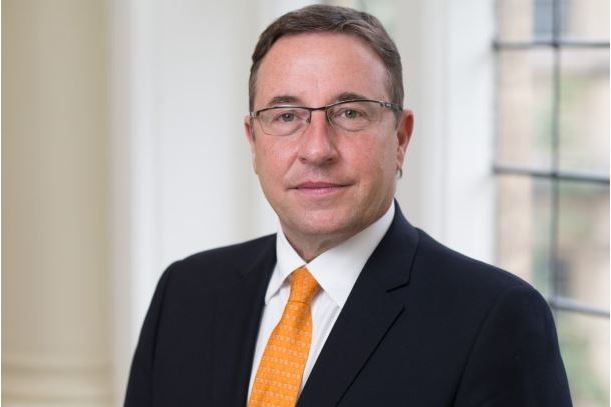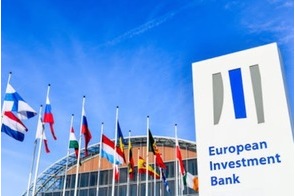UNDP launches SDG Impact to leverage private investment for sustainable development

Summary
The initiative will provide investors and businesses with the much-needed country-level data and SDG investment roadmaps.
The United Nations Development Programme (UNDP) has launched a new initiative, called SDG Impact, to help channel private investment and capital to meet the vision of the Sustainable Development Goals (SDGs).
The initiative, launched at the 73rd UN General Assembly in New York on Tuesday, is designed to work with the private sector on how best to invest in enterprises and markets to help achieve the SDGs. It will provide investors and businesses with the much-needed country-level data and SDG investment roadmaps.
“UNDP is committed to using its global presence in 170 countries around the world and its reputation as a trusted partner to support countries in mobilising private sector support for their development,” said UNDP Administrator, Achim Steiner.
SDG Impact kicked off with the signing of a Memorandum of Understanding between the UNDP and Impact Management Project (IMP), an initiative housed by Bridges Fund Management, a specialised fund manager in sustainable and impact investing. The IMP, launched in 2016, is a network of leading organisations working together to set standard for impact measurement and management.
According to a statement by the UNDP, SDG Impact highlights the need for investors and companies to adapt and transform their core business to deliver financial, social and environmental performance, and to use the SDGs as the basis for engaging in untapped markets, generating investments in developing countries and navigating risks and opportunities. By investing to advance the SDGs, investors and businesses are becoming agents of change and economic opportunity, and contributing to a more equitable and inclusive society.
According to the United Nations Conference on Trade and Development (UNCTAD), developing countries alone face an annual gap of $2.5 trillion at the current levels of investment in SDG-relevant sectors.
“There is a $30 trillion shortfall in funding to achieve the United Nations development goals," said the Chairman of Global Social Impact Investment Steering Group and Portland Trust, Sir Ronald Cohen. "That is why large corporations must participate.”
According to a recent report, titled: Better Business, Better World, published by the Business and Sustainable Development Commission, the SDGs offer companies tremendous new growth strategy that will help build trust with society and broad-based prosperity.
The report also stated that achieving the SDGs will create $12 trillion new market opportunities in food and agriculture, cities, energy and materials, and health and well-being; in addition to creating 380 million jobs, 90 percent of which will be in developing countries.
Similarly, the UN, World Bank and the International Committee of the Red Cross recently announced that they are partnering with blue chip technology firms to launch Famine Action Mechanism (FAM) towards achieving SDG 2-zero hunger. The tech companies – Amazon, Google and Microsoft – will use artificial intelligence to identify and prevent famines.
The 17 SDGs to be achieved by 2030 include eradicating poverty; zero hunger; good health and well-being; quality education; gender equality; clean water and sanitation; affordable and clean energy; decent work and economic growth; industry, innovation and infrastructure.
Others are reduced inequalities; sustainable cities and communities; responsible consumption and production; climate action; life below water; life on land; peace, justice and strong institutions; and partnerships for the goals.
Related
-
EU financiers parley on sustainable recovery in capital markets
In June, the ESM published its Social Bond Framework to enable it issue social bonds.
-
FCMB partners Mercy Corps to uplift farmers, vulnerable people in the North East
The intervention will particularly target young people and women.
-









